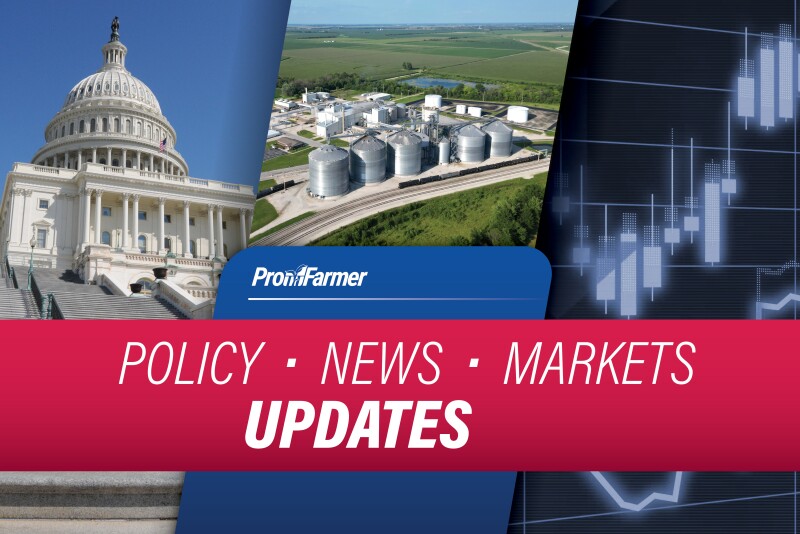Delay on carbon rules favorable for farmers — for now (Agri-Pulse): A vote by the International Maritime Organization (IMO) to approve new carbon‐emission standards for oceangoing ships has been pushed back by one year — a move that aligns with President Trump’s strong opposition to binding global shipping climate rules. Trump and his allies argue the “Net‑Zero Framework” would amount to a hidden global tax on American consumers and put U.S. producers at a disadvantage if foreign ships faced stricter costs.
Still, the delay delivers only temporary relief for agriculture. While the proposed IMO rules would cover vessels over 5,000 gross tons (which account for more than 85% of global shipping emissions), many in the biofuel and ethanol industries see potential opportunity in cleaner ship fuels. The Renewable Fuels Association suggests that if ethanol or other biofuels gained even a small share of the maritime fuel market, U.S. growers could see significant new demand — possibly hundreds of millions of gallons and millions of bushels of corn.
Trump promises action to cut high beef prices (Bloomberg): President Trump announced that his administration is “working on beef” and that a deal is in place to bring down soaring beef prices, though he offered no concrete details. He said beef costs are “higher than we want them” and that relief is on the way.
Beef prices have jumped to record levels after years of drought forced ranchers to thin out their herds, reducing supply and pushing up feed and production costs. The national herd is now down to about 86.7 million cattle—the lowest count for this period since 1951. At the same time, U.S. beef imports have been curtailed by restrictions on Mexican cattle to prevent pest spread and by tariffs on Brazilian beef, tightening domestic supply further.
Industry representatives, such as the Meat Institute, have expressed interest in seeing the details of Trump’s plan. Meanwhile, ranchers say rebuilding herds will take time—beef output won’t rise immediately even if policies change now.

